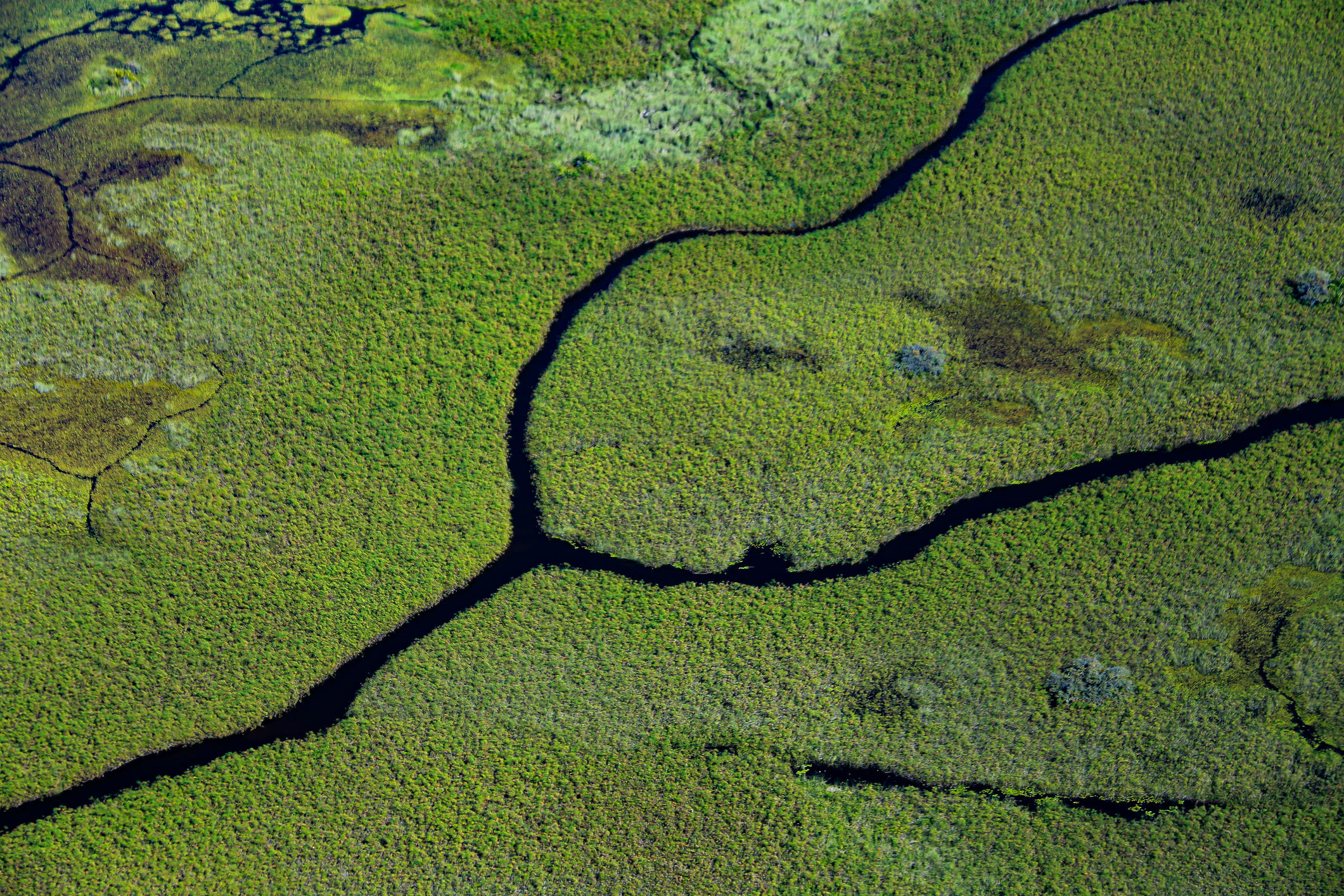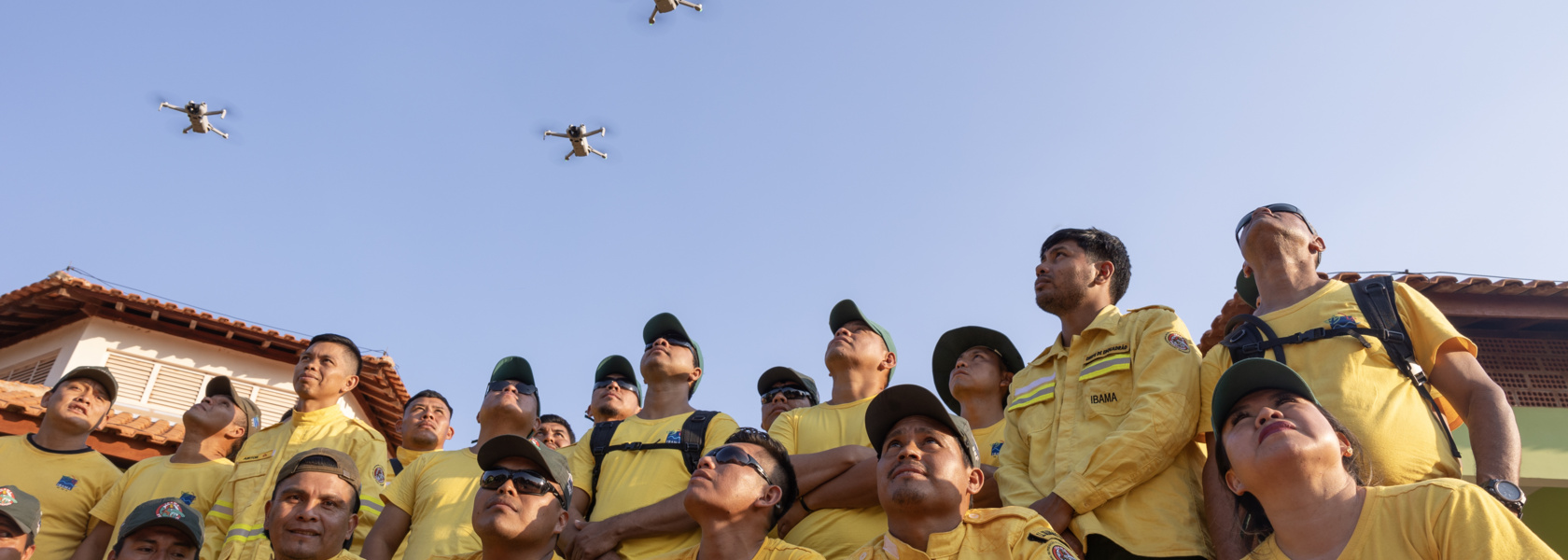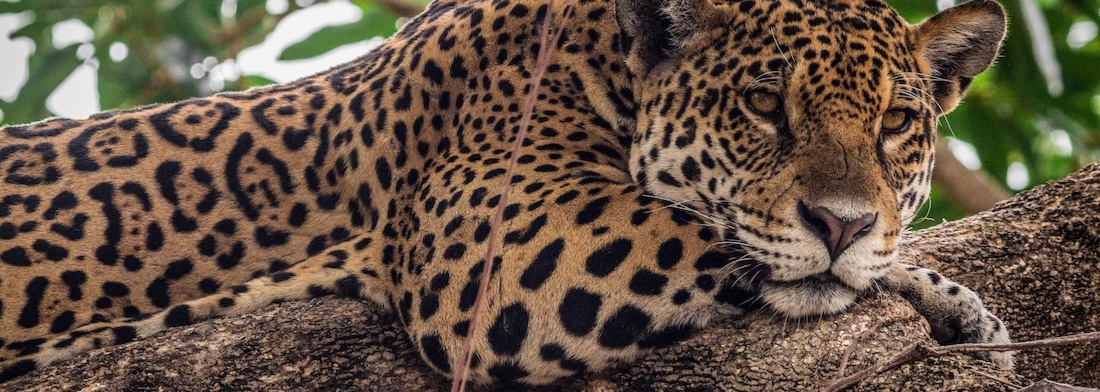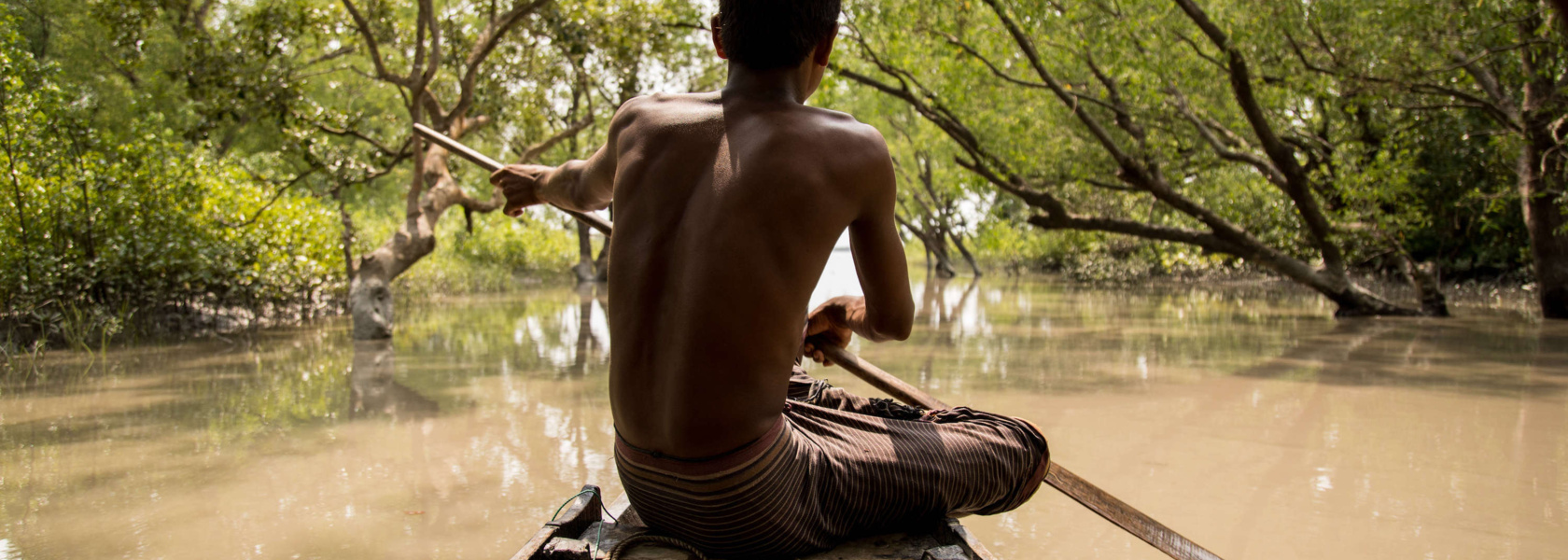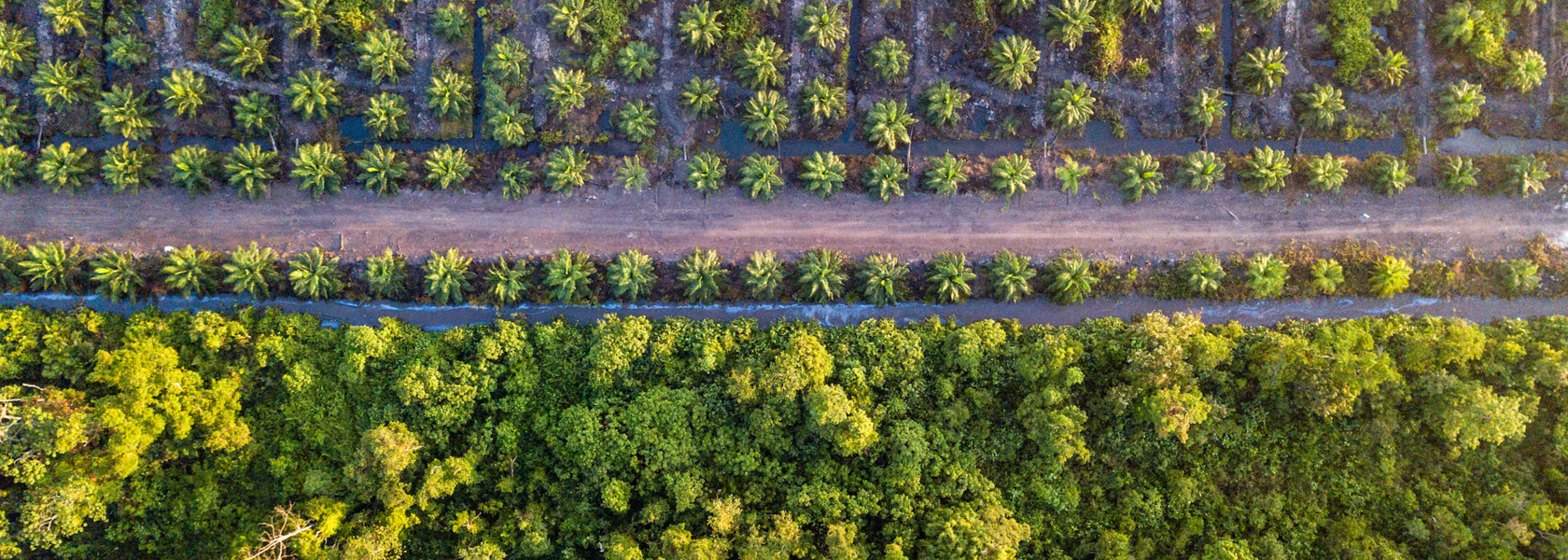The jewel of the Kalahari desert: The Okavango Delta
Nestled within the otherwise arid Kalahari desert, the vibrant patchwork of floodplains, waterways and lagoons that make up the Okavango Delta is a unique cradle of life. This wetland provides an irreplaceable sanctuary for endangered wildlife and a critical source of water and livelihoods for communities in the region. By locking vast amounts of carbon away for centuries, the Delta also plays a crucial role in regulating our global climate. However, this fragile ecosystem is under enormous pressure, posing an existential threat to the people and biodiversity it supports.
EJF supports local environmental defenders in expanding the designated protection of the Okavango Delta to its essential tributaries and safeguarding the Delta from further degradation and oil drilling.
A haven for biodiversity
At the height of Botswana’s dry season, the pristine watershed that flows from the Angolan highlands into the Okavango Delta creates a mosaic of marshes, floodplains, peat bogs, islands and deep lagoons that stretches 1.8 million hectares. The result is the world’s largest inland wetland. These habitats support abundant biodiversity, including 1061 plants, 89 fish, 64 reptiles, 482 birds and 130 mammals.
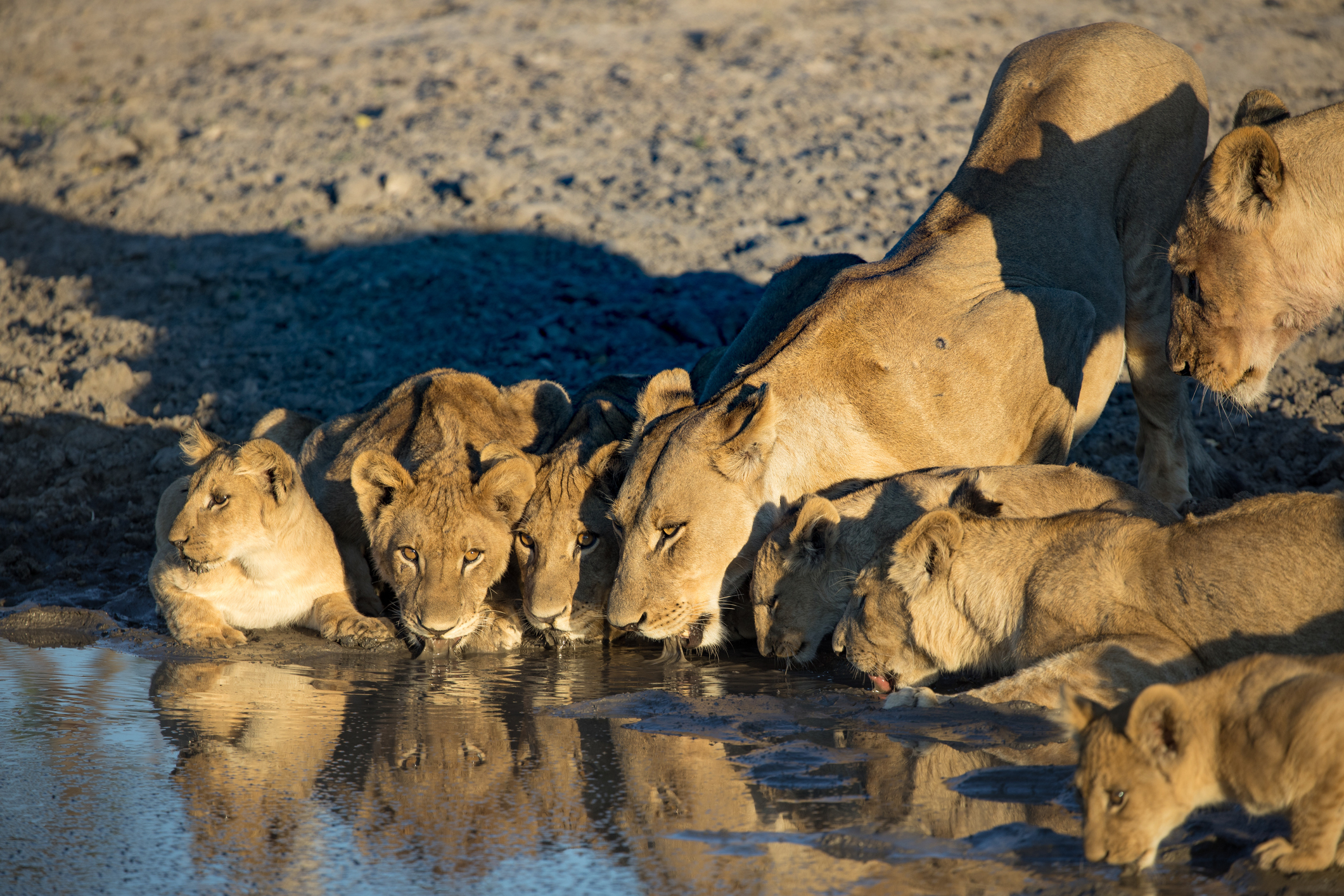
An oasis of life in the heart of the unforgiving Kalahari desert, the Okavango Delta provides water, habitat, and vegetation for the region’s wildlife, including several threatened and endangered species. As the Delta floods, cheetahs, African painted dogs, giant ground pangolins, and rhinos descend onto the waterways, along with the largest population of wild African savanna elephants (Loxodonta africana) in the world. Without this essential water source and the unique ecosystems it fosters, biodiversity and keystone species will face insurmountable pressure.
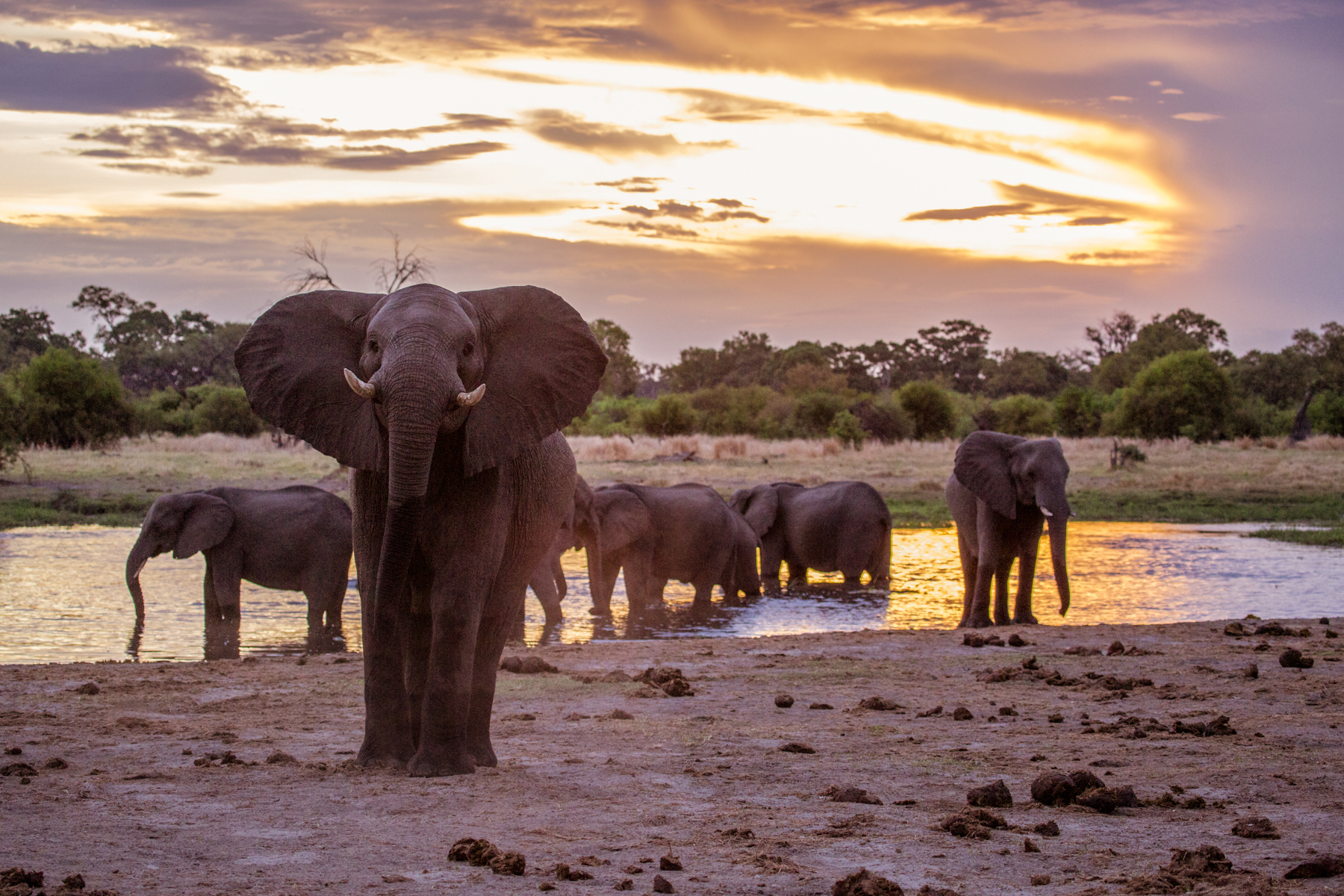
Giants of the Okavango: The Okavango Delta is a vital stronghold and essential water source for around 132,000 wild elephants.
The health of the Okavango relies on a delicate balance of climatic, hydrological and biological processes. Numerous plant and animal species have uniquely adapted to its seasonal flooding, while birds, fish, trees and termites are among hundreds of species working as ecological engineers to shape the wetland’s ecosystems and functions, showcasing nature’s astounding ability to self-regulate.
Like all wetlands, the Okavango Delta is acutely sensitive to its surrounding environment. Developments in the wider Okavango region in Namibia and Botswana, and changes to the climate and wetlands’ source waters in Angola, create ripple effects for the Delta’s fragile ecosystems, which already have hugely detrimental impacts.
There is still time to save this irreplaceable and diverse wetland, but ‘the clock is ticking’: an aerial survey conducted in 2011 found that some species in the wetland had declined by 90% in just 15 years and were now facing local extinction.
Human life in the Okavango Delta
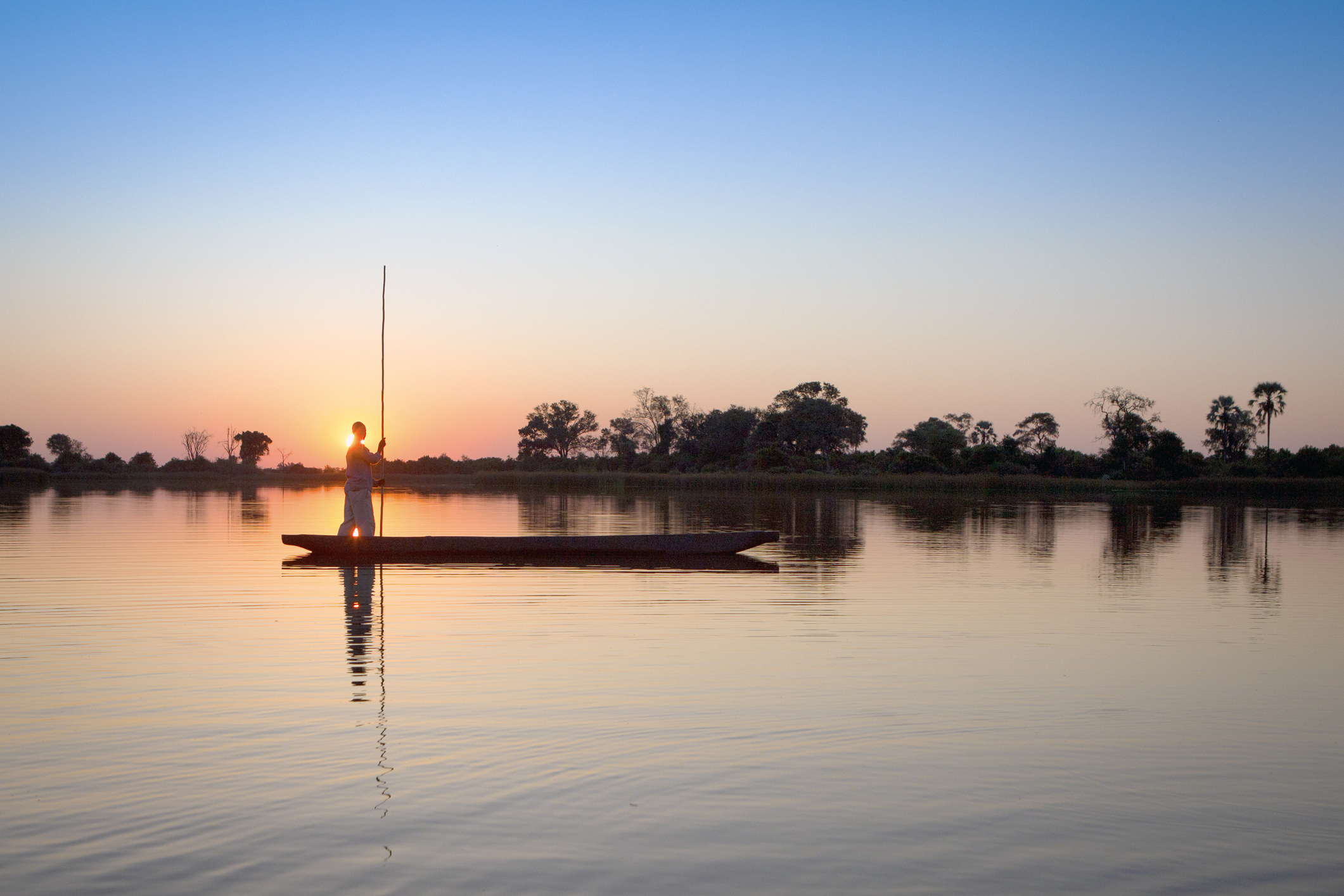
The Okavango Delta provides livelihoods and fulfils cultural needs for an estimated one million people. Numerous Indigenous groups call the wider Okavango region home, including the Bayei, the Batawana, the Mbukukushu, the Herero, the Banoka, and the San—who are believed to be the oldest surviving culture in the region.
The San people surrounding the Delta strive to protect the wetland from the encroachment of mining and other commercial activities. But, despite the establishment of conservancies and protected areas, the governments of Namibia and Botswana have allowed companies, like ReconAfrica, to conduct exploratory drilling for oil and gas without the San peoples’ consent, in stark violation of their rights.
Paradise in crisis
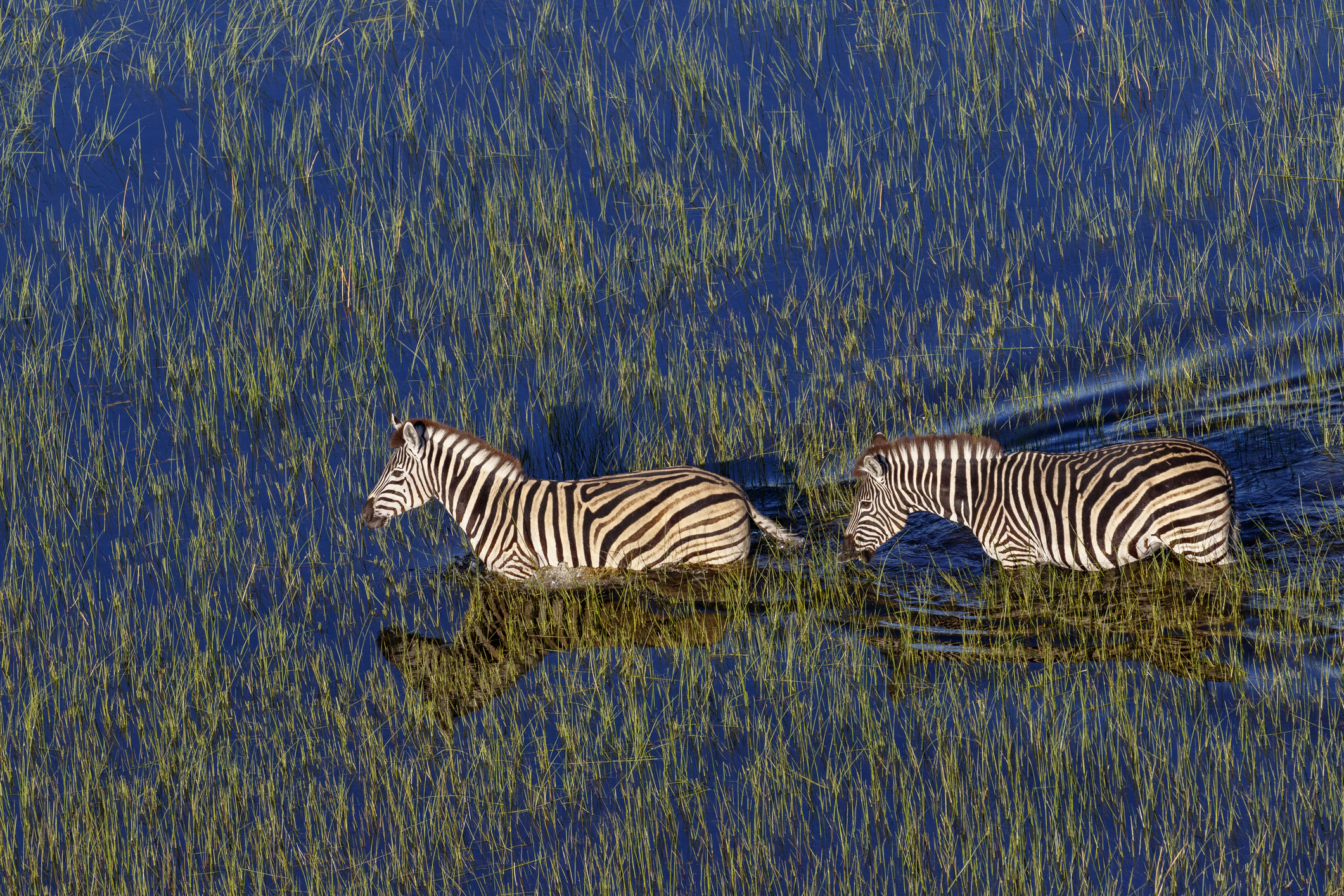
Despite its critical role in combating the twin biodiversity and climate crises, the Okavango Delta is not safe from degradation or exploitation, threatening wildlife and people. This unique and irreplaceable wetland is under unprecedented pressure from threats, including:
Persistent drought, fuelled by global heating
Water abstraction and diversion, driven by developments
Wildlife poaching and ivory trade
Charcoal production and logging
Fossil fuel exploration
Disastrous drilling
Since 2015, the Canadian company ReconAfrica has been granted oil and gas scoping licences in Namibia and Botswana, presenting a severe threat to the Delta. If ReconAfrica proves commercial viability, it will be eligible for a 25-year production licence to drill for oil and gas in the Kavango Basin; just 260 km from the pristine Okavango wetlands and bordering the tributaries that are essential for the Delta.
Exploration and drilling activity bring inherently destructive infrastructure development, new roads, and land use change, which destroy key habitats for numerous species. ReconAfrica’s operations have the potential to wreak havoc on this fragile ecosystem, and the company has shown a disregard for the rights of those living in and around the Delta.
Already, ReconAfrica has risked polluting precious water sources by failing to line its drilling waste pits and secure the requisite land and water permits. It has decimated protected areas by bulldozing illegal roads and drilling without legal rights and has reportedly failed to consult local communities adequately.
If ReconAfrica exploits this delicately balanced, invaluable landscape, the fate of the Okavango Delta will be plunged further into uncertainty. Thousands of people who rely on the wetlands could lose their homes, livelihoods, and life-sustaining resources. The irreplaceable biodiversity and countless species it supports will be in danger.
There is still time to stop this, but we must act now. Increased protections for the Okavango Delta and its tributaries and the rights of the local and Indigenous communities living in and around the wetland must be urgently strengthened. Recognising the cultural and ecological value of the Okavango will take collaboration and bold leadership, but it will secure this iconic landscape for generations to come.
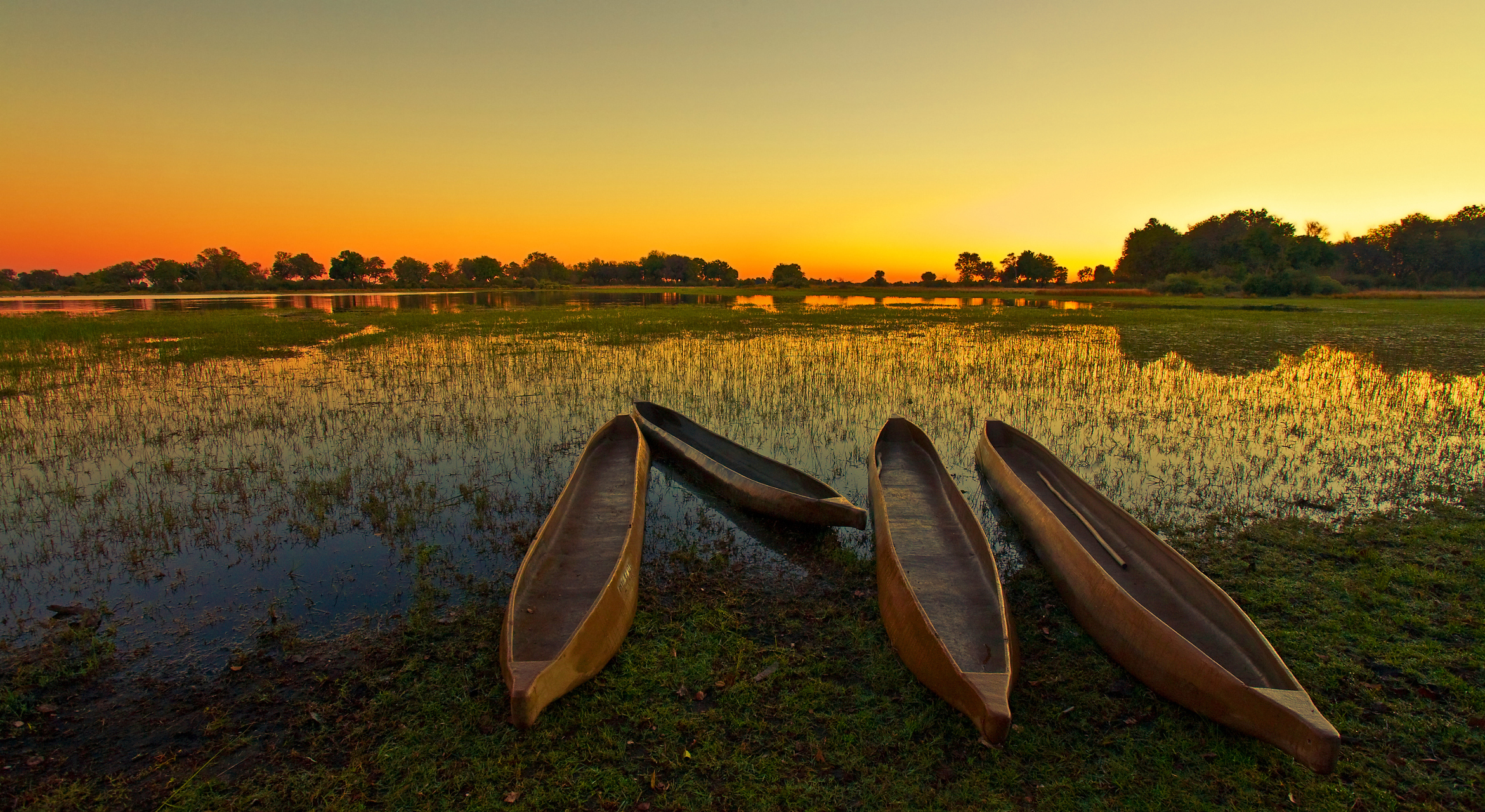
MAKING A DIFFERENCE
EJF is working to support people on the ground, strengthening and expanding protections in the Okavango Delta and empowering the communities impacted by ReconAfrica’s violations.
We are monitoring the threat of drilling operations starting in the summer of 2024, knowing that a rapid response will be needed if this scenario occurs.
Our films and reports will raise awareness of the multiple threats to the Okavango, aiming to secure support before further damage is done.
Moreover, we are determined to use film to show the irreplaceable beauty and the lives of the people and wildlife living within the Okavango.
We will continue to provide support, training, and essential equipment to local conservationists and environmental defenders, helping their voices be heard on national and international platforms.
We are looking ahead to 2025 and the climate COP30 in Belem, Brazil. EJF, in collaboration with our local and global partners, will push for far greater recognition of wetlands in the fight against the twin biodiversity and climate crises.
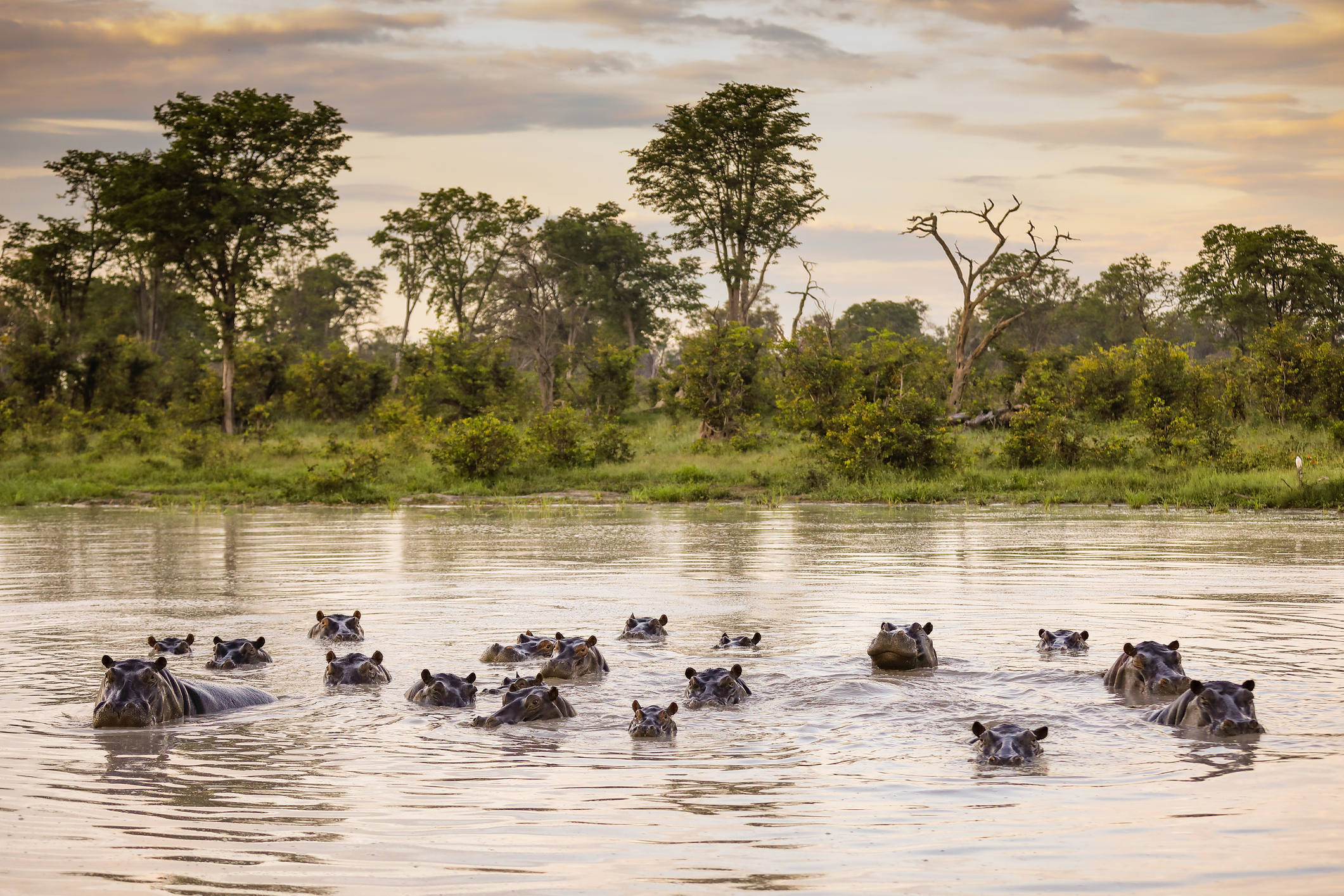
SIGN UP FOR OUR EMAILS AND STAY UP TO DATE WITH EJF
